USD 2.6 trillion to halt land degradation - UN: Investments aim to protect against climate change
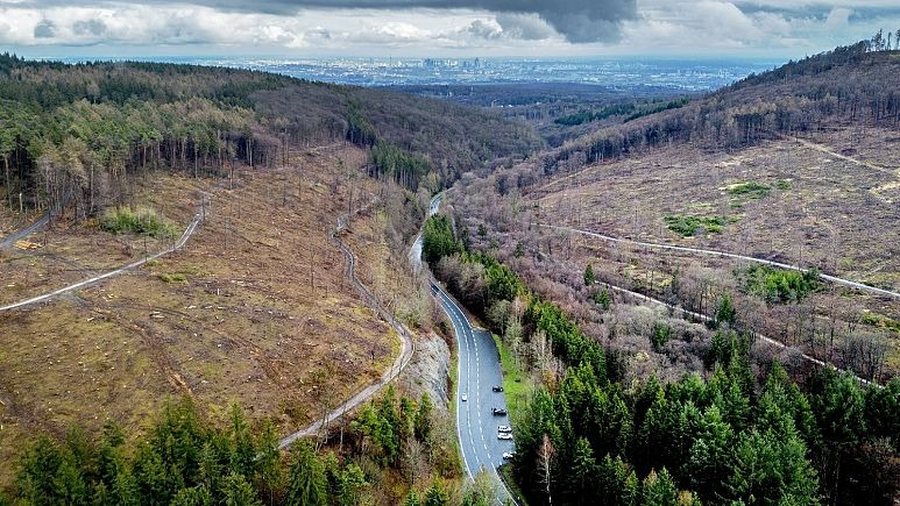
Reclaiming the planet's degraded land and curbing the spread of desertification will require at least $2.6 trillion in investment by the end of the decade, said the UN executive overseeing global talks on the issue.
More frequent and severe droughts as a result of climate change, combined with the food needs of a growing population, mean that societies are at greater risk if action is not taken.
The two-week meeting aims to strengthen the world's resilience to drought, including tightening states' legal obligations, defining strategic next steps and securing finance.
A large part of the estimated $1 billion a day required will have to come from the private sector, said the Executive Secretary of the United Nations Convention to Combat Desertification (UNCCD).
With a growing population, which means the world needs to produce twice as much food on the same amount of land, private sector investment would be critical, he said.
While more than 100 countries wanted to limit plastic production, a handful of oil producers were only prepared to target waste. The talks in Saudi Arabia follow similar UN events in October on biodiversity and in November on climate change and plastics, where finance, or the lack of it, played a central role. To reach $2.6 trillion, almost as much as France's annual economic output, the world needs to close an annual gap of $278 billion, after only $66 billion was invested in 2022, the UN said.
A UN-backed study said land degradation was "undermining the Earth's ability to support humanity" and failure to recover it would "present challenges for generations". A land area of about 15 million square kilometers, larger than Antarctica, is already degraded and growing by about 1 million square kilometers every year, according to the study.
While countries have pledged to protect about 900 million hectares of land, they needed to set a more ambitious target of 1.5 billion hectares and accelerate the pace.

The government "overturns" the amendment for the living minimum - "There is no clear methodology for its calculation"
After the proposal by the Democratic Party of the amendment related to the vital minimum in the state budget for 2025, there was a reaction from the......

Confidence in the economy drops by 0.4 points - BSH: Business activity in the services and industry sector is in "crisis"
The economic sentiment indicator has suffered a decrease of 0.4 points in the month of November. Official data from the Bank of Albania show that this......
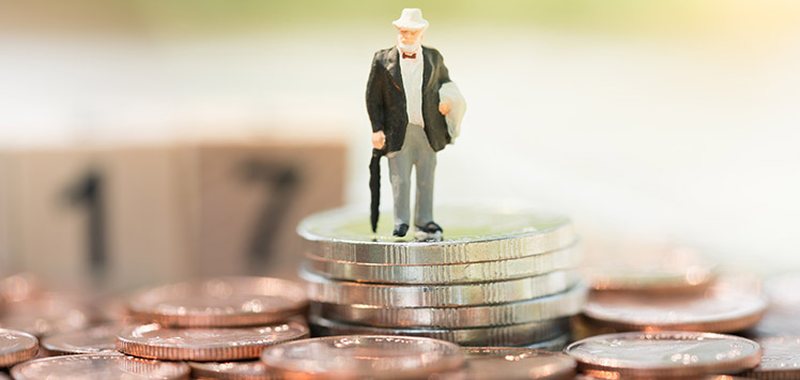
Nis shpërndarja e bonusit të fundvitit - Në pak orë u shpërndanë mbi 19 mijë bonuse
Mëngjesin e kësaj të hëne, ka nisur shpërndarja e bonusit të fundvitit. Sipas të dhënave, deri pranë mesditës shpërblimet janë tërhequr nga mbi 19,50......
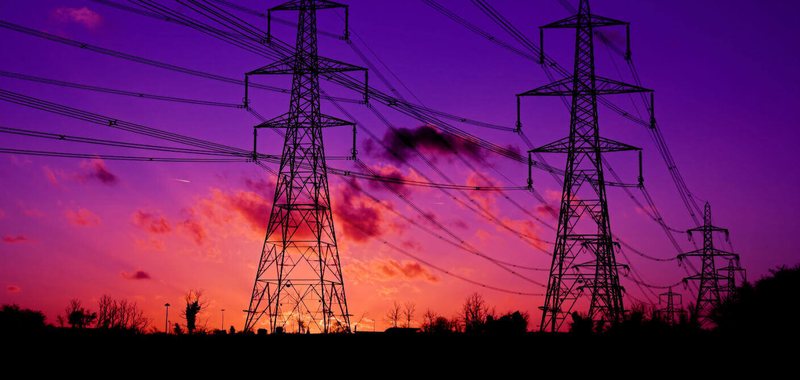
"Wind energy will surpass hydropower plants" - WB Report for Albania: Decarbonization of the sector is feasible
"Accelerating the energy transition to achieve net zero emissions across the entire economy in Albania by 2050 is feasible, but will require radical......
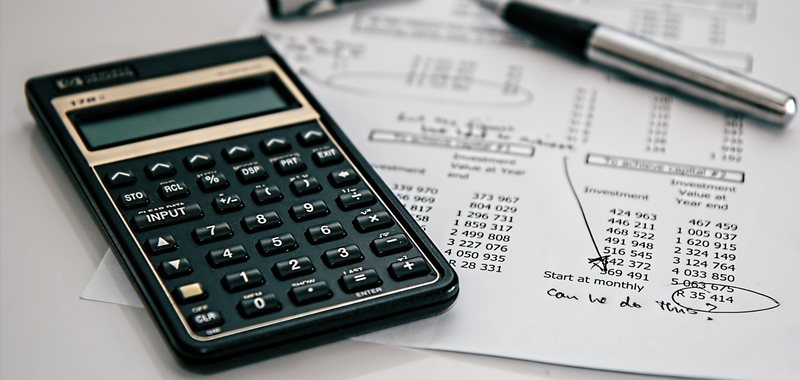
Municipalities, in "war" with debts - Obligations fall, no unit with over 1 billion ALL
The local self-government units are following a positive trend with regard to the repayment of arrears, which at the end of September 2024 will result in a......

Elbasan-Lekaj road, 126 million euros for construction - Corridor VIII/ ARRSH announces the winning companies for the 6 tenders
The construction of the Elbasan - Lekaj highway will cost 126 million euros, excluding VAT. The Albanian Road Authority has announced the winning companies......
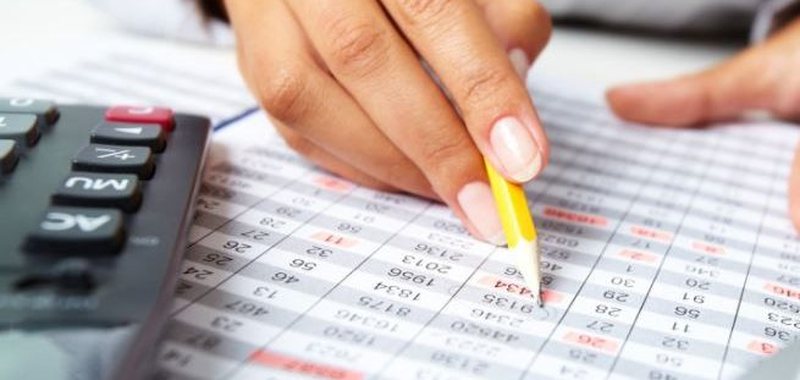
Sa e sigurojnë shqiptarët pronën? - Shkrepa: Sigurimi për frymë në Shqipëri, shumë më i ulët se vendet e rajonit
Pavarësisht se kemi qenë gjithmonë një popull i lidhur ngushtë me pronën dhe vendi ynë ka pasur një ekspozim të lartë ndaj fatkeqësive natyrore në vitet e......
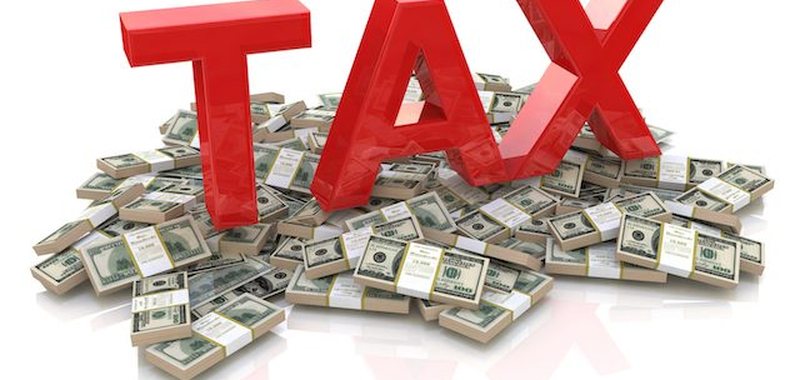
The tax system in Italy favors the "billionaires" - According to the study, 7% of the rich pay less tax than the lower classes
Italy's tax system is skewed in a way that allows the richest 7% of society to pay proportionately less tax than low- and middle-income earners, a new study......


















